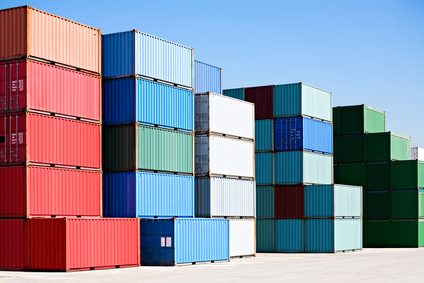Information derived from: Journal of Commerce | October 28, 2015
New mandates indicate that starting July 1, 2016, shippers will be required to declare and verify container weights prior to shipping. If container is overweight or shippers don’t comply with the new regulation, they could face delays, fines or penalties. If a carrier doesn’t comply, fines, sanctions or even jailtime are possibilities. Right now, a risk that is involved is that your container won’t be shipped leaving you with a dissatisfied customer.
Download Scarbrough’s
Dimension & Weight
Guideline Cheat Sheet
JOC in an interview with Chris Welsh, secretary general of the Global Shippers’ Forum:
How can shippers stay within the bounds of the new regulation?
There are two ways. The first is weighing the whole container on a certified and calibrated weighbridge or scale, and subtracting the weight of the container, which is standardized, to determine the weight of the goods in the box. The second method is that a shipper can weigh a pallet of goods, take televisions for example. You weigh a pallet and then sum the weight of the number of pallets. (Welsh)
Essentially, the person who enters into the contract of carriage with the shipowner whose name appears on the bill of lading or the transport document will be treated as the actual shipper and they will be legally responsible for the declaration of the verified gross mass of the loaded container.
After verified gross weight and documents are submitted to the shipping line, who in turn submits them to the terminal. The terminal accept or deny the container for loading. If it is denied for loading or there are no verified accompanying documents, it could lead to more costs for the shipper because of storage, movement at the terminal among other delays and possible charges.
Enforcement of 100% of containers inspected will not pass …. not yet anyway. Right now, random checks are scheduled for weighing containers at the origin terminal.
JOC in an interview with Chris Welsh, secretary general of the Global Shippers’ Forum:
Are you getting a sense that the implementation is going to be delayed considering how many shippers and even government officials are kind of caught flatfooted on this?
No. at this stage, clearly we and the World Shipping Council and others are now making it clear to national administrations that they need to issue clear guidelines to trade in their countries as to how they’re going to implement it on the ground. (Welsh)

